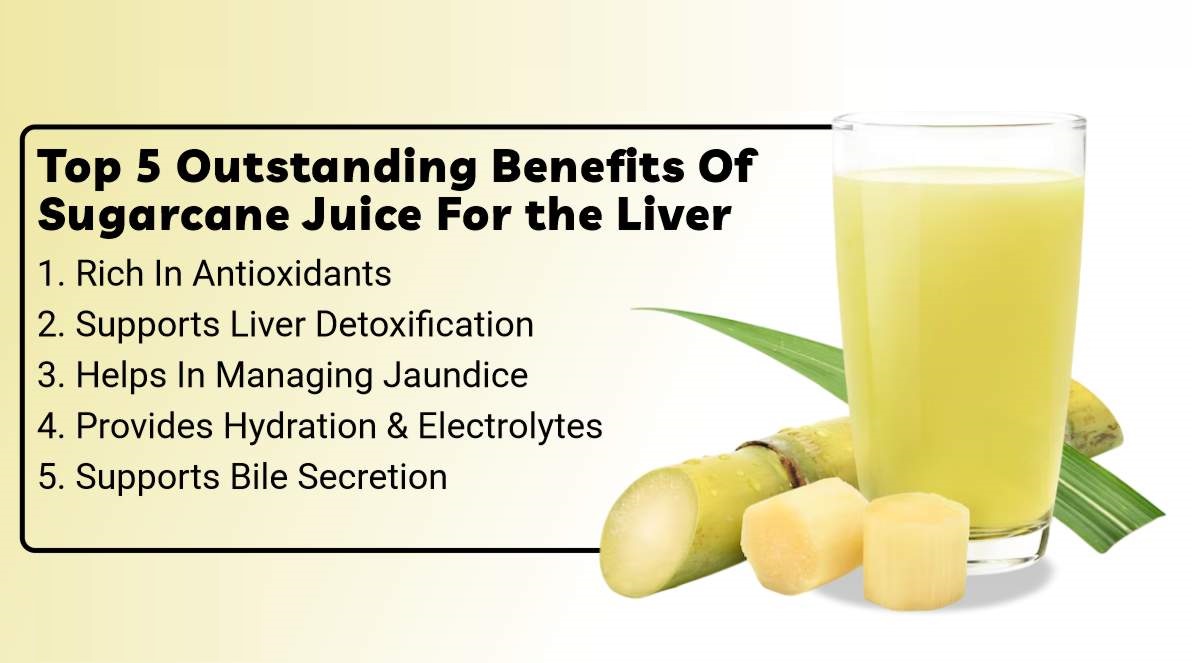Sugarcane juice has long been a staple in tropical regions, prized for its sweet taste and quick energy boost. Recently, it has gained attention as a potential aid for weight loss. But does this popular drink truly help shed pounds, or is it just another health fad

Nutritional Profile of Sugarcane Juice:
To understand sugarcane juice’s role in weight management, we must first examine its nutritional composition. A standard 250ml serving contains:
- Calories : Approximately 180-220
- Carbohydrates : 50-55 grams (primarily sucrose, glucose, and fructose)
- Minerals : Potassium, calcium, magnesium, and iron
- Other Nutrients : Small amounts of antioxidants and amino acids
The drink is naturally fat-free and cholesterol-free, which initially appears beneficial for weight-conscious individuals. However, its high sugar content warrants closer examination.
Benefits for Weight Management :

Proponents of sugarcane juice for weight loss highlight several key points:
Natural Satiety Properties:
- The juice contains compounds that may temporarily suppress appetite, potentially reducing overall calorie intake when consumed in moderation.
Electrolyte Balance:
- Its mineral content helps maintain proper hydration, which is crucial for metabolic function and may prevent water retention.
Digestive Support :
- Certain enzymes present in fresh sugarcane juice could aid digestion and nutrient absorption.
Also Cehck : Best Millets For Weight Loss
Critical Considerations :
Despite these potential benefits, significant drawbacks exist:
High Glycemic Load :
- The concentrated sugars cause rapid blood sugar spikes, which can lead to increased fat storage when consumed excessively.
Calorie Density :
- The juice provides substantial calories with minimal satiety, making portion control essential.
Nutrient Comparison :
- Whole sugarcane contains fiber that’s lost during juicing, eliminating one of its most valuable nutritional components.
Practical Recommendations :
For those incorporating sugarcane juice into a weight management plan:
- Limit intake to 100-150ml per serving
- Consume post-exercise when the body can better utilize the sugars
- Avoid combining with other high-carbohydrate foods
- Opt for fresh, unprocessed juice without additives
Conclusion :
While sugarcane juice offers certain nutritional benefits, its role in weight loss remains limited. When used strategically as part of a balanced diet and active lifestyle, it can be enjoyed without derailing progress. However, it should not be considered a primary weight loss aid due to its high sugar content and calorie density.
The key to successful weight management lies in overall dietary patterns rather than individual foods or beverages. Those seeking sustainable results should focus on whole, fiber-rich foods while treating sugarcane juice as an occasional supplement rather than a dietary cornerstone.